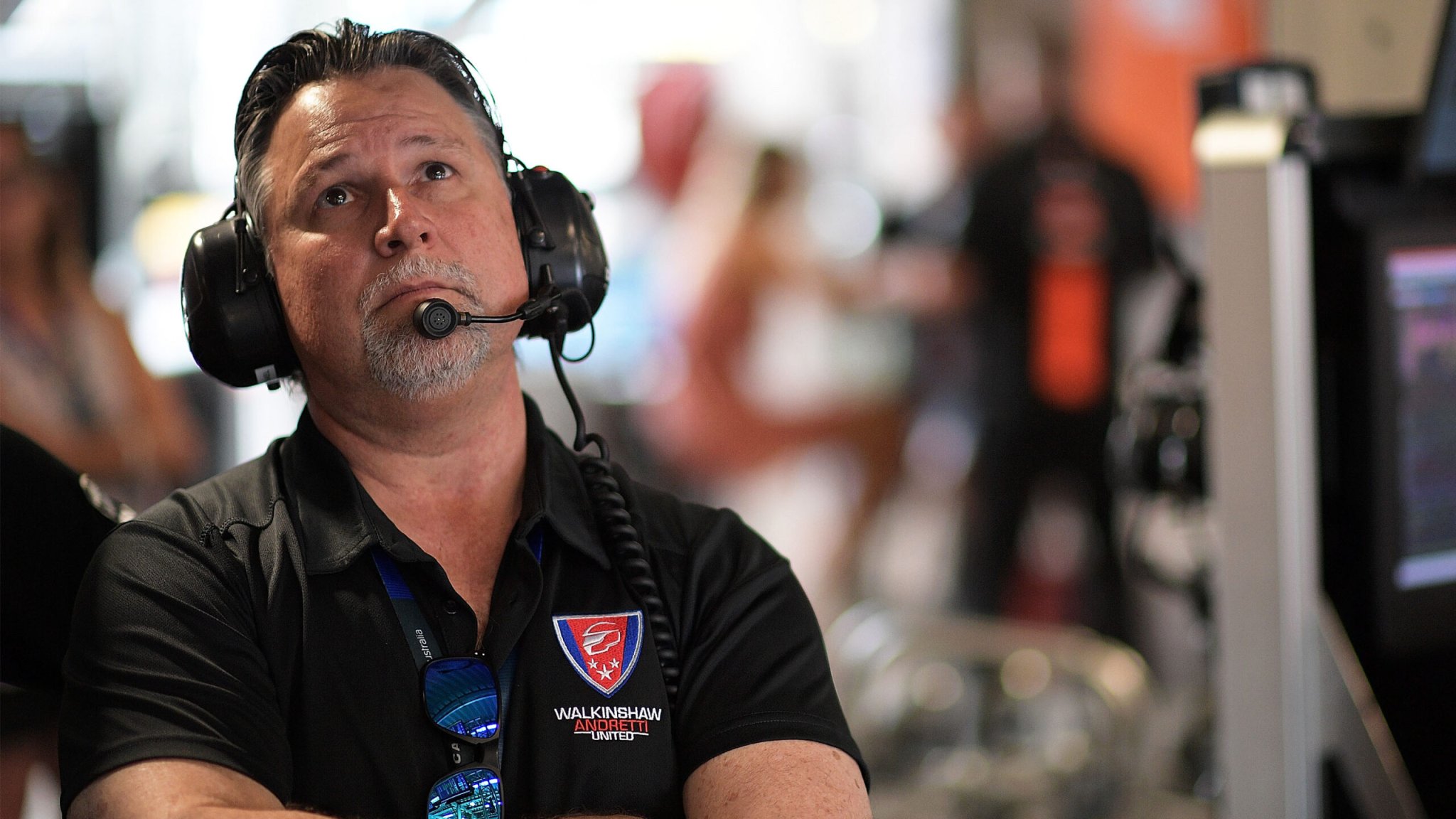

Unsurprisingly, the world’s richest sport also dishes the world’s nastiest side eye. Last week’s announcement Andretti Motorsport would seek a Formula 1 grid entry alongside General Motors went over like a jammed wheel gun on a slow pit stop. Motorsport laid out the reasons for the tepid team response compared to Audi’s announcement last year, and the biggest gripe among teams is also the most predictable: money.
Any new entry on the grid will dilute revenue sharing for F1’s broadcast dollars, which number in the hundreds of millions each year. Alongside the more than hundreds of million it costs to run an F1 team each year, and hundreds of millions more to build infrastructure to support a competitive program, each new entry must pay $200 million to join the grid to offset revenue sharing lost with the addition of a new team. In Andretti’s case, current F1 teams may not believe that $200 million split 10 ways will offset money lost by splitting revenue in a sport whose popularity is growing exponentially. What’s more, Motorsport reports that most teams don’t consider Andretti to be a driving force to grow the sport further; Audi’s name recognition and global marketing machine is seen as a much larger asset to F1 than Andretti.
That’s perhaps why Andretti recruited GM as a partner for its effort, although other teams may be skeptical of what the global automaker can bring to the table. GM’s President Mark Reuss confirmed that the automaker would not be an engine supplier in F1 initially. That means Andretti will purchase an engine from another supplier—Ferrari, Mercedes, Renault, or, depending on timing, Audi, Honda or Red Bull—and white label the engine with GM or Cadillac branding. Other teams consider that to be more of a sponsorship than factory support and not much of a value-add to Andretti’s entry.
Not to mention Andretti’s very public push for a grid spot in a very closed-door sport regarding negotiations and politicking. Andretti’s public push all season for a grid spot may have rubbed most of F1’s establishment the wrong way, and public lobbying hasn’t endeared the fledgling American team to the rest of the old guard.
“Today, it’s not a problem of having more teams, because we have a list. Some of them are more vocal than the others, but we have a lot of people or a lot of investors who would like to be in Formula 1,” Formula One Management CEO Stefano Domenicali said in July. “But we need to protect the teams.”
Got a tip? Send it in to tips@thedrive.com